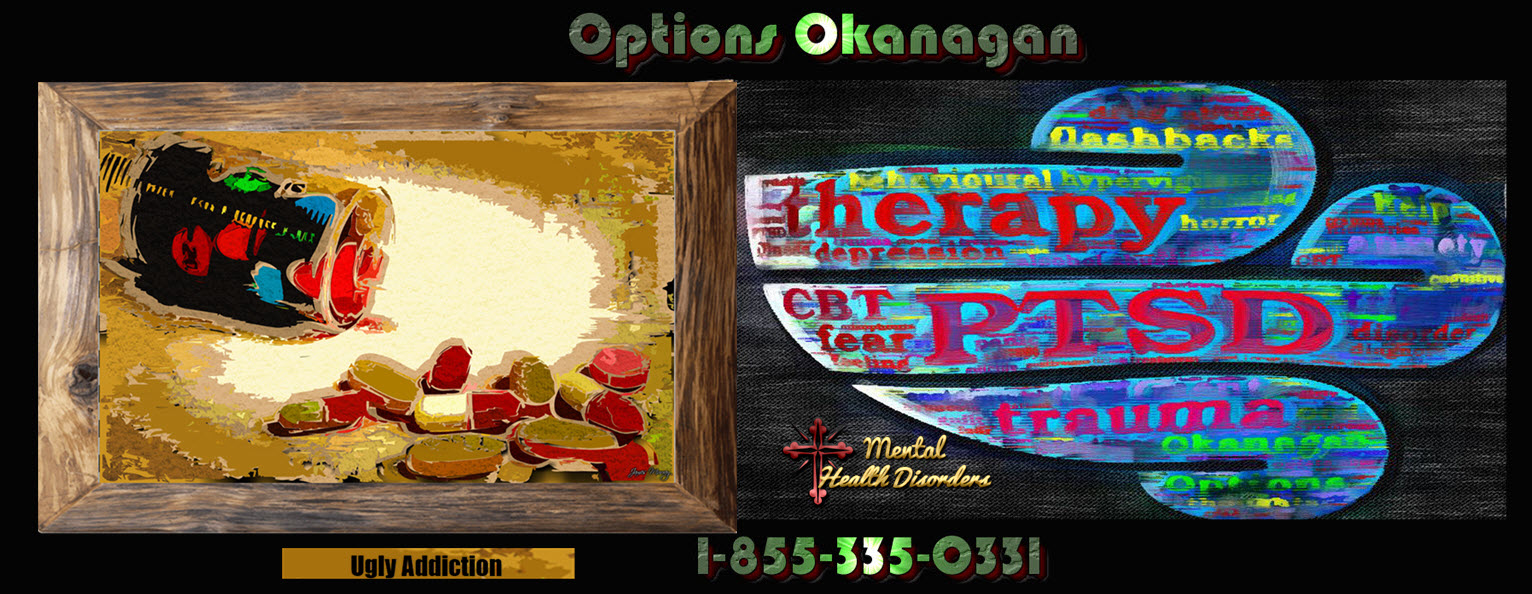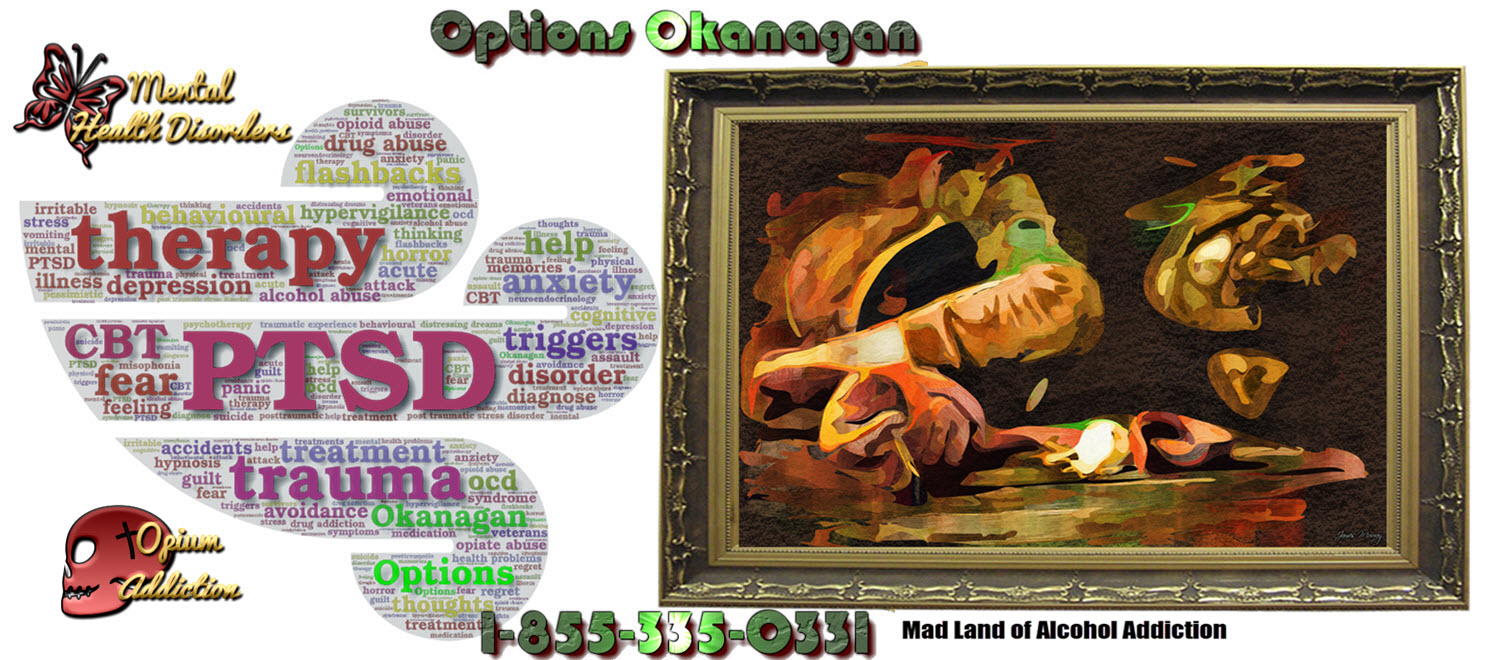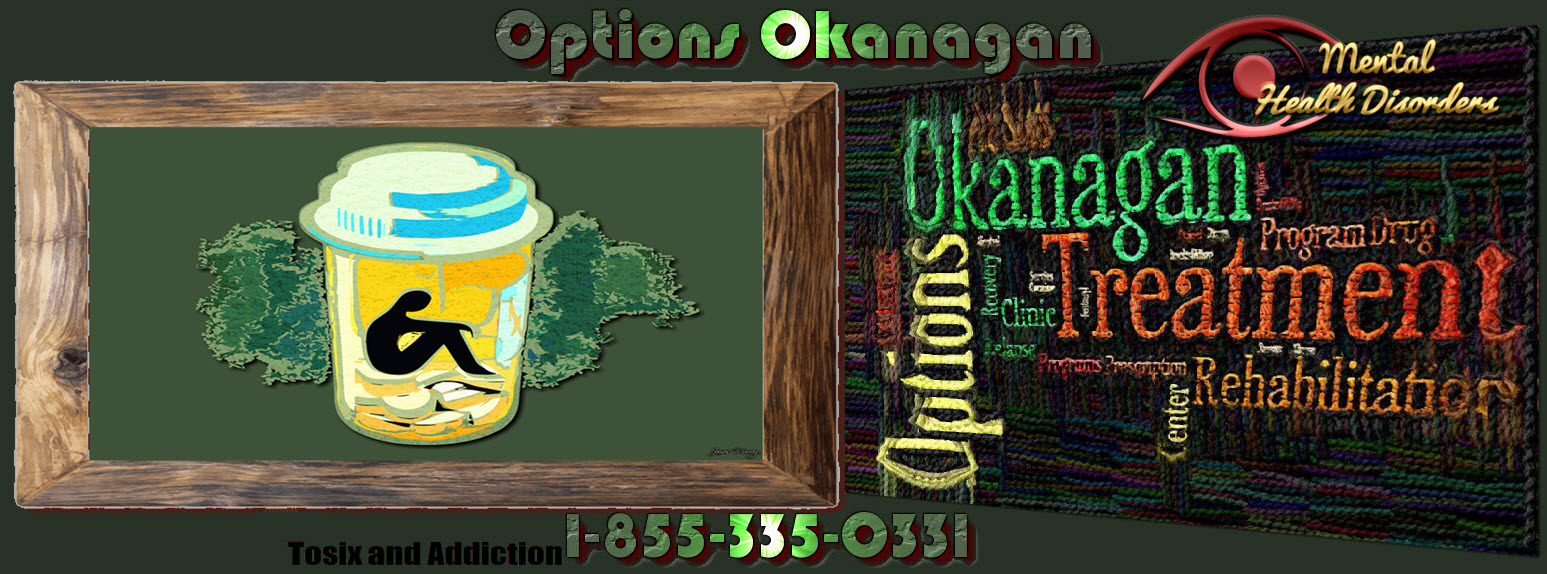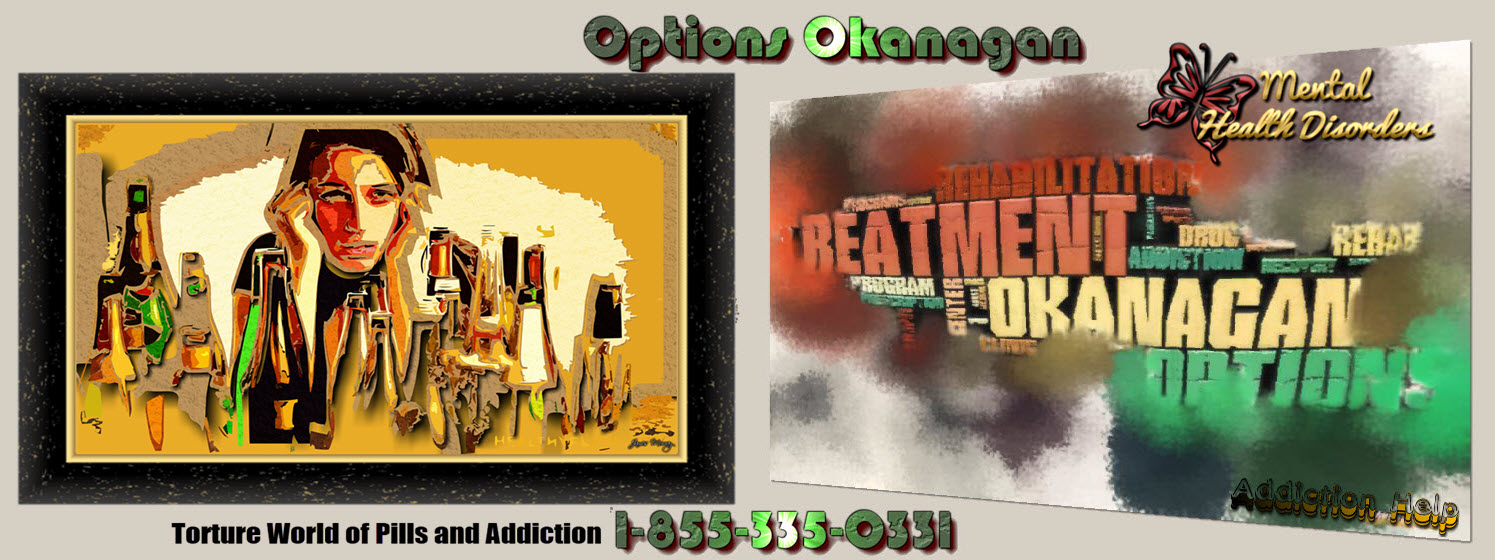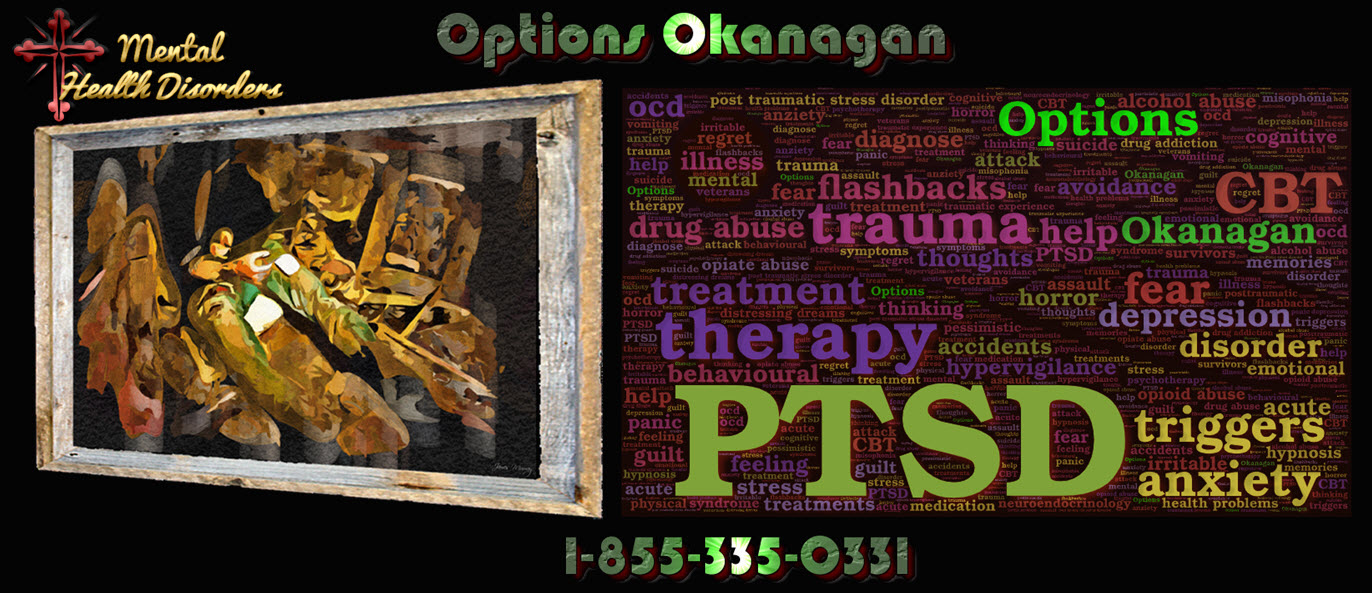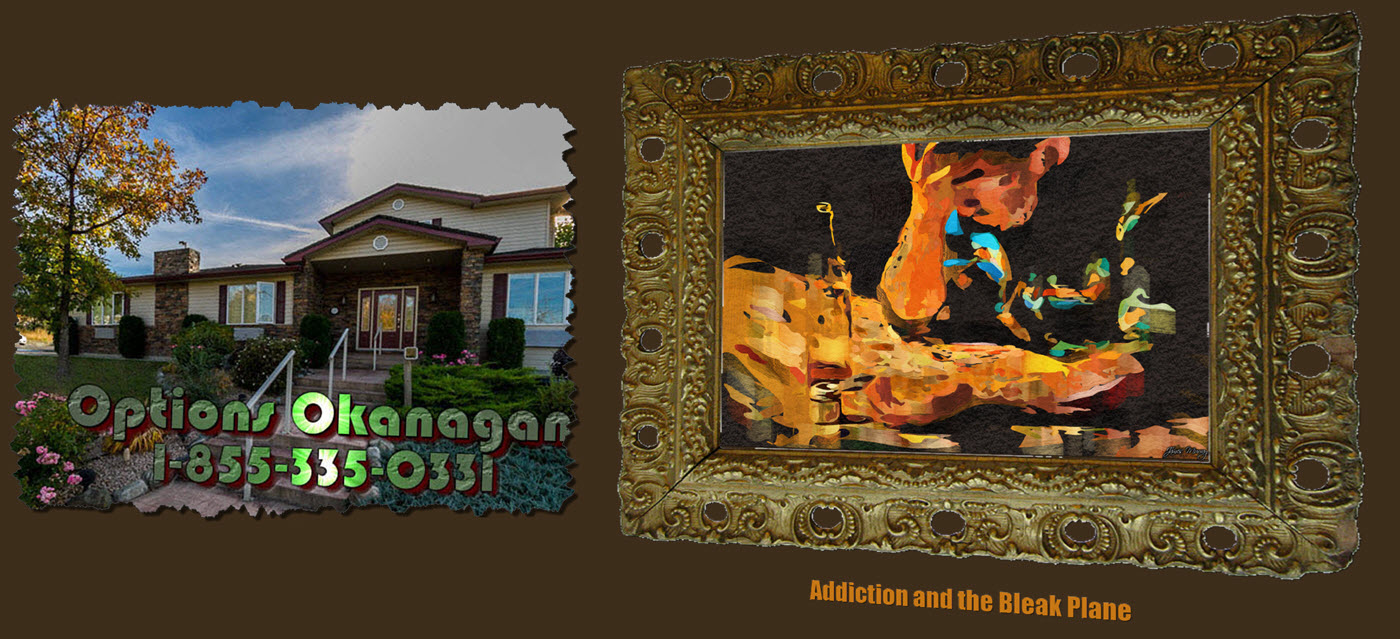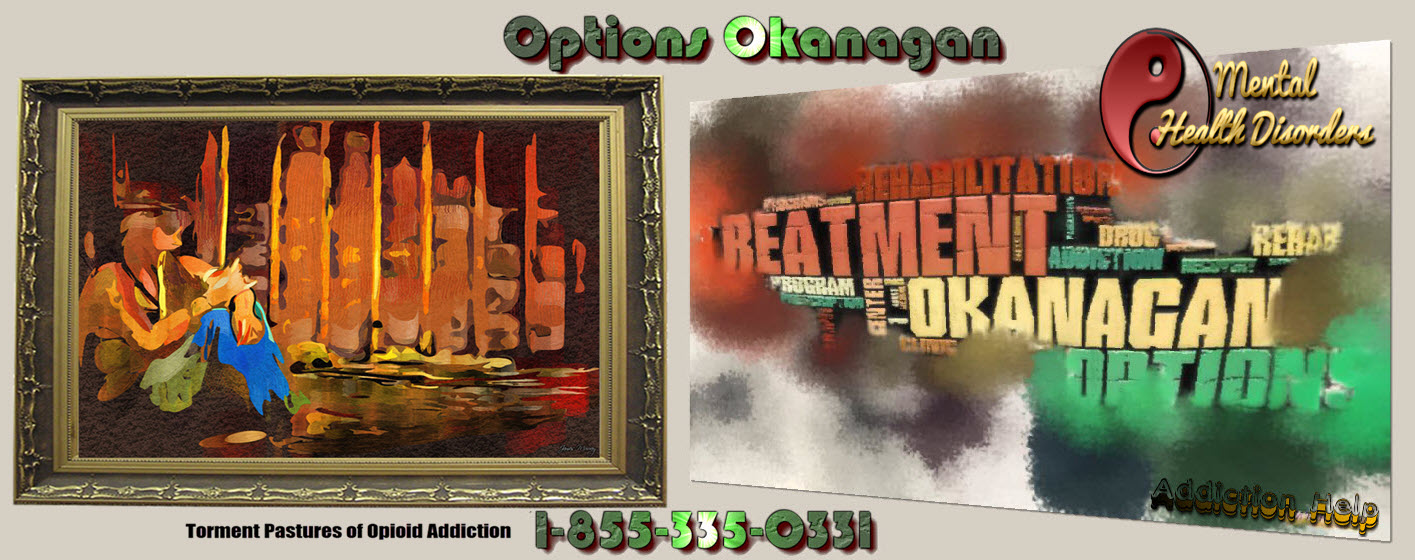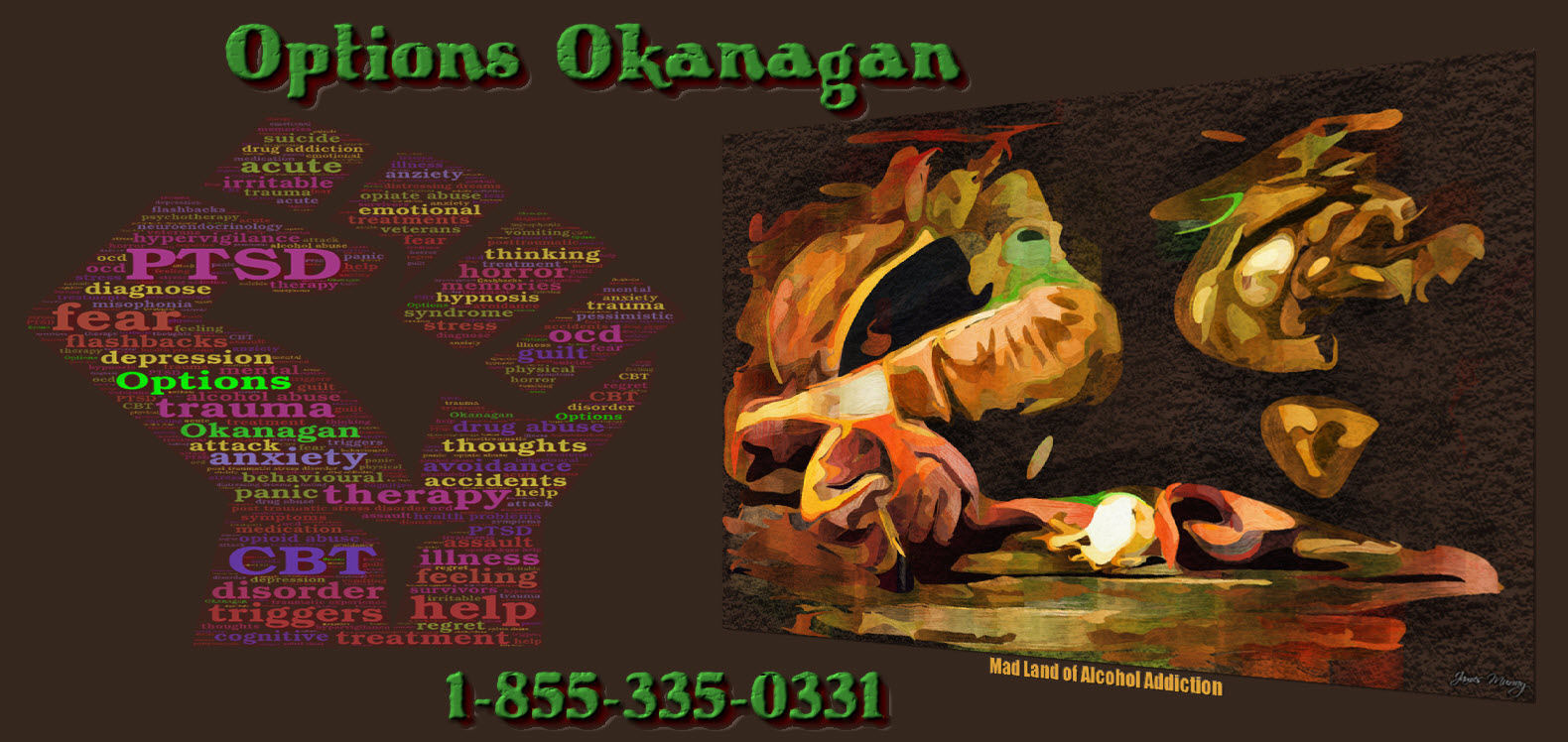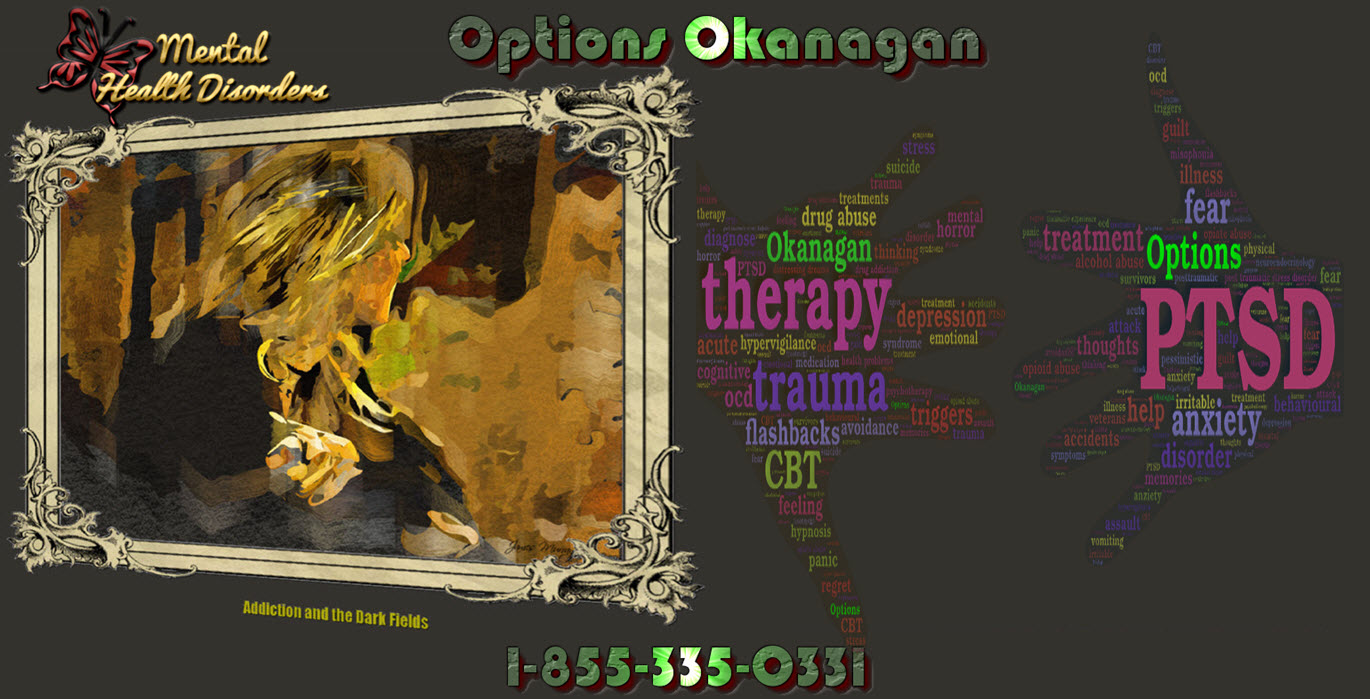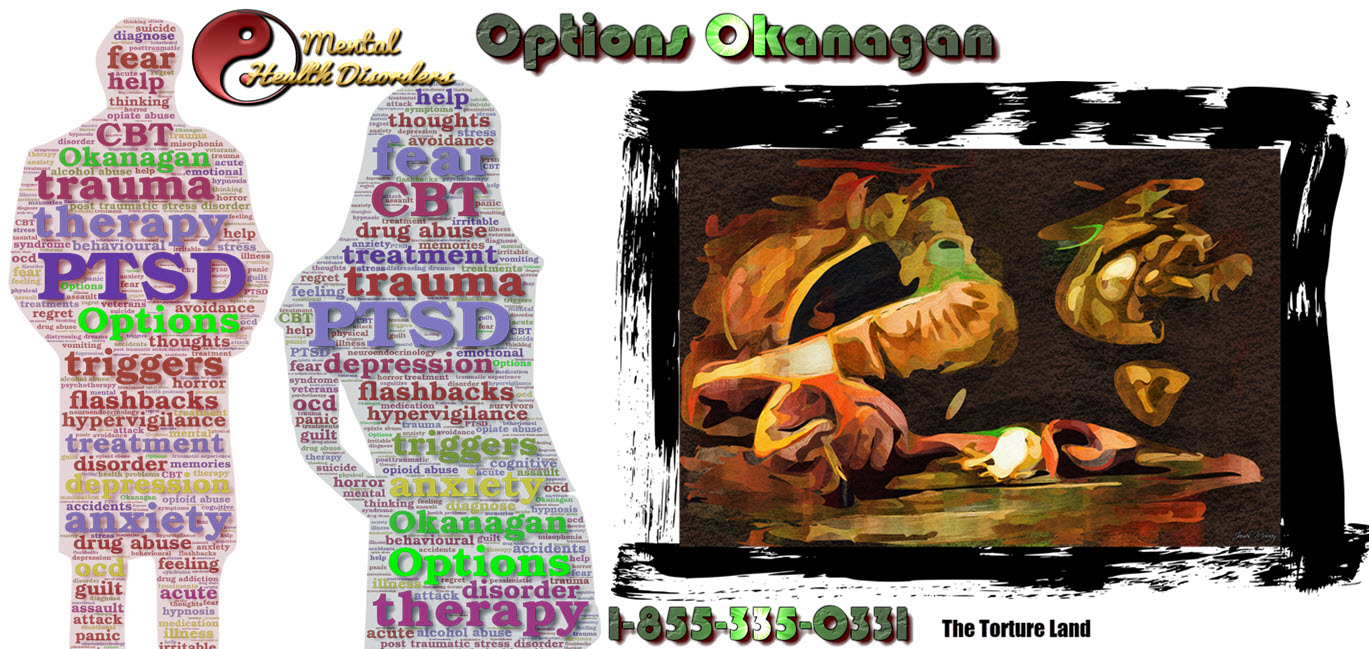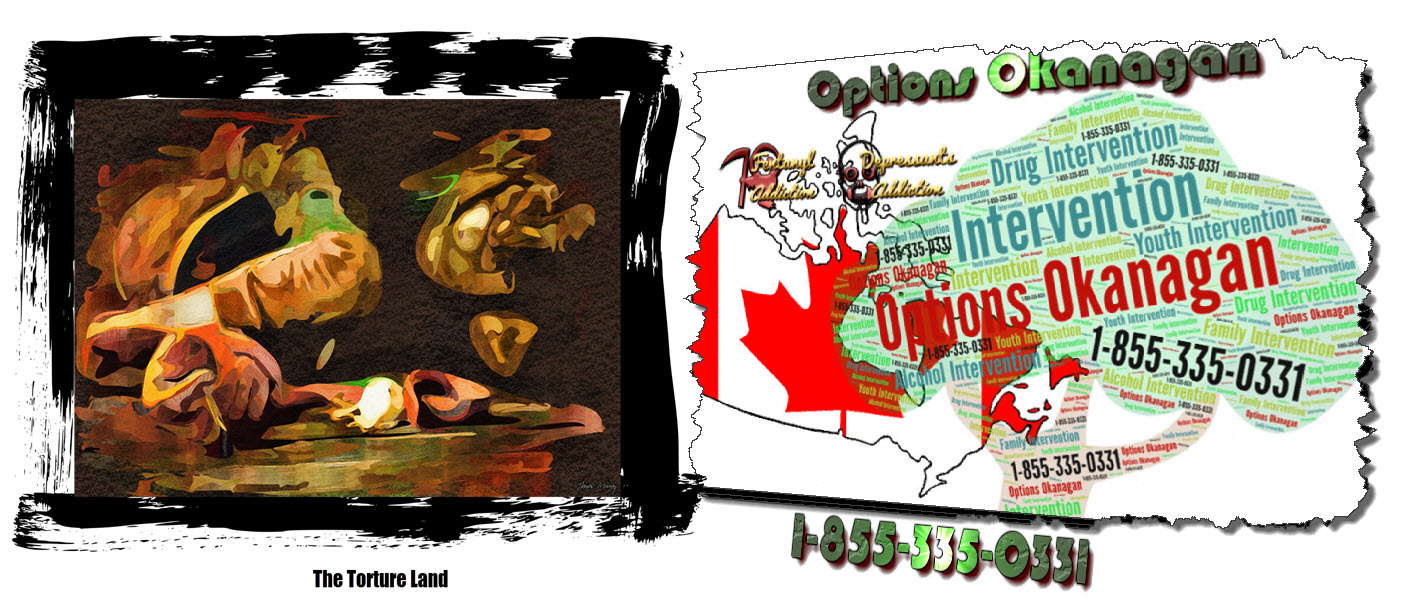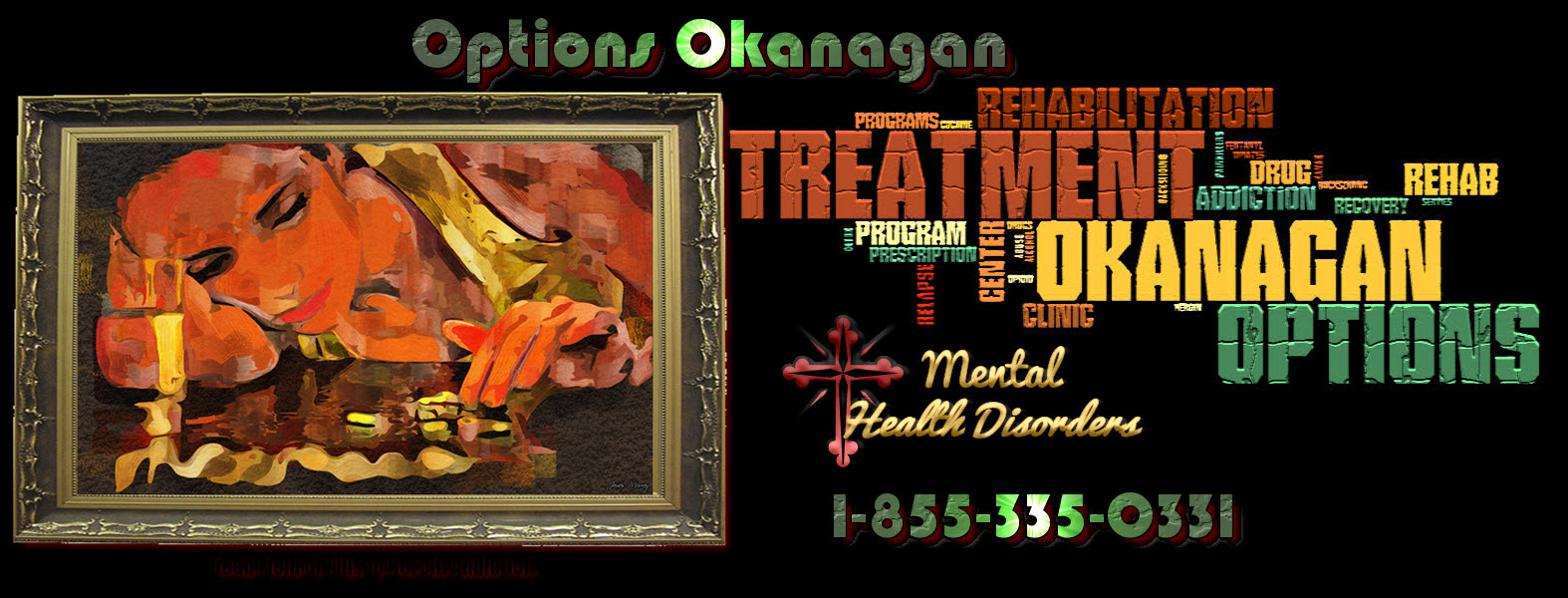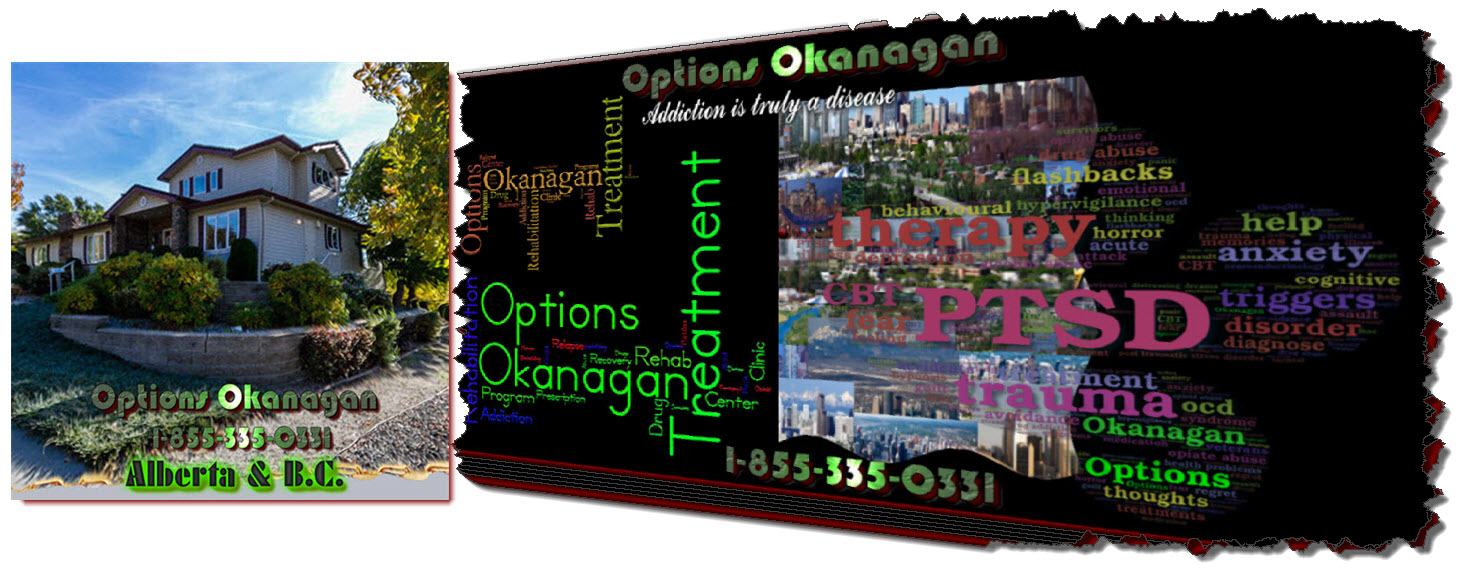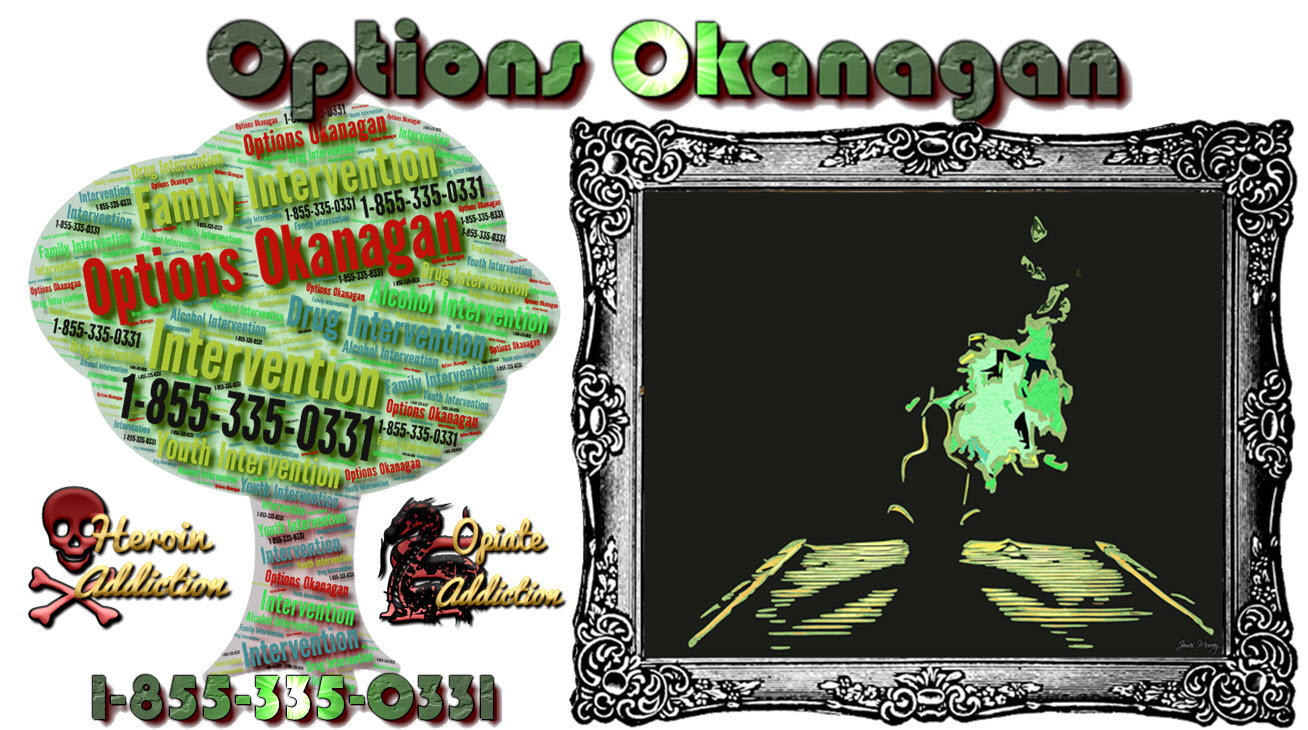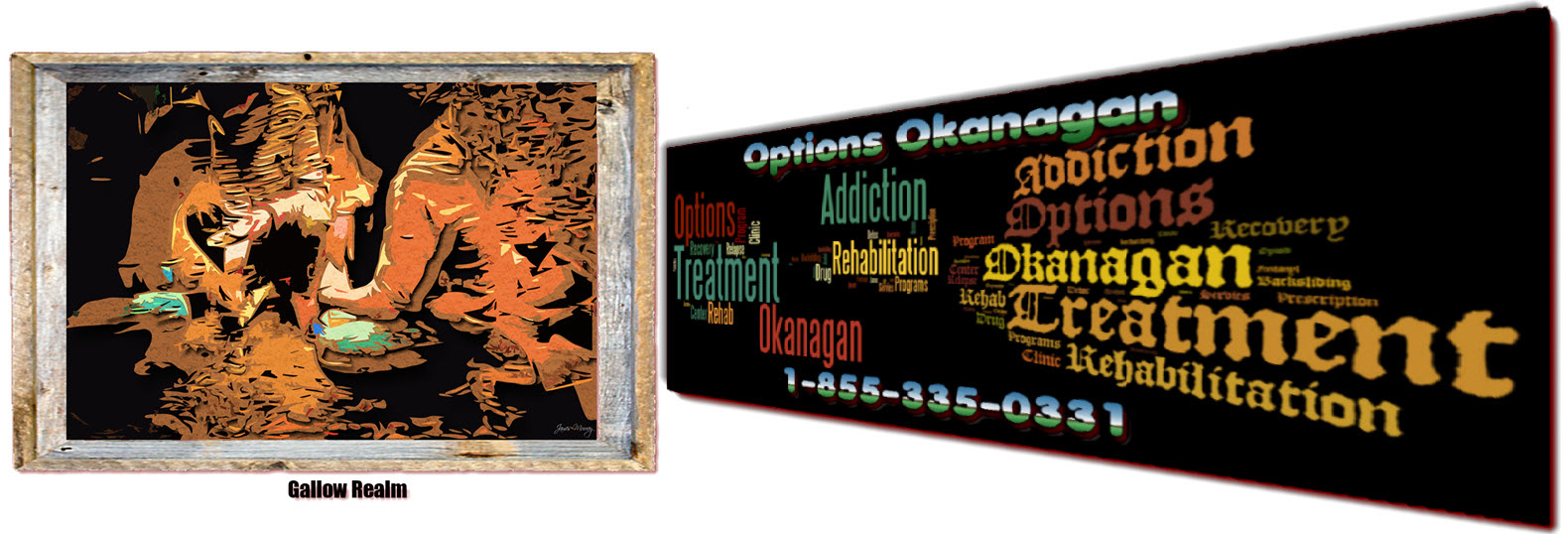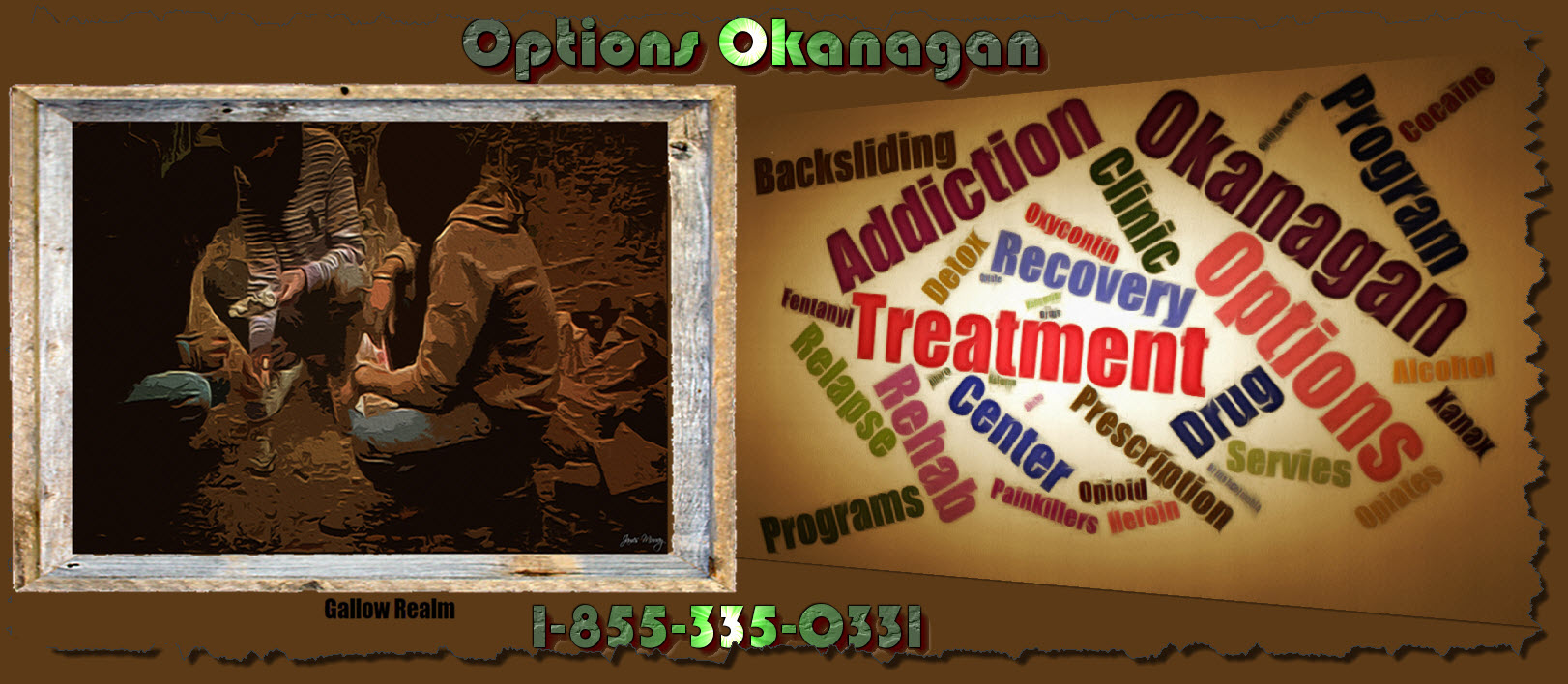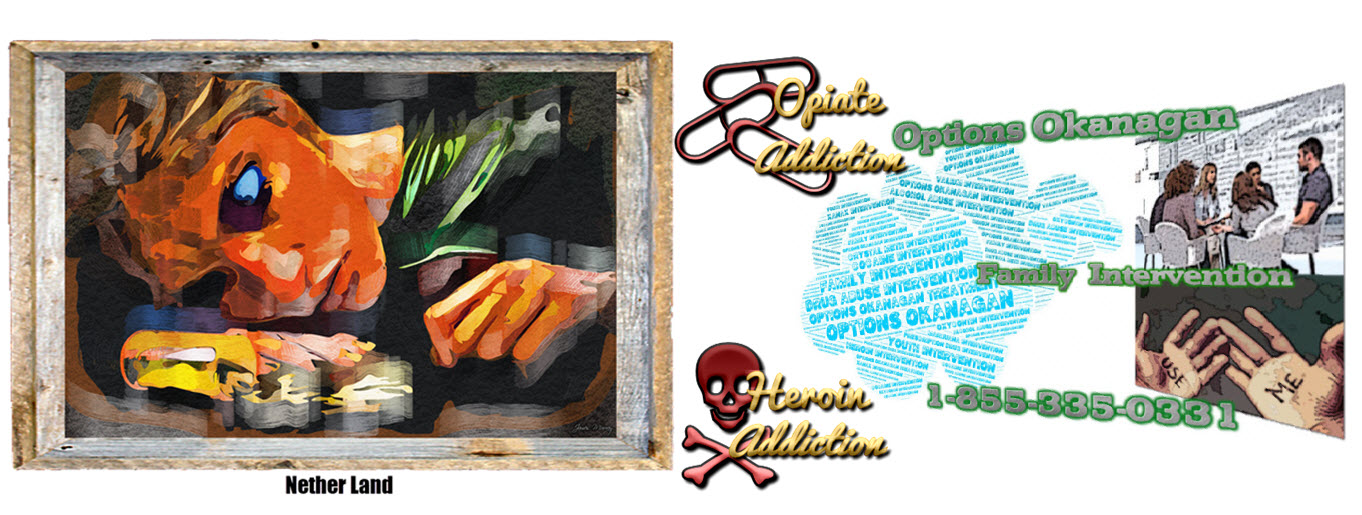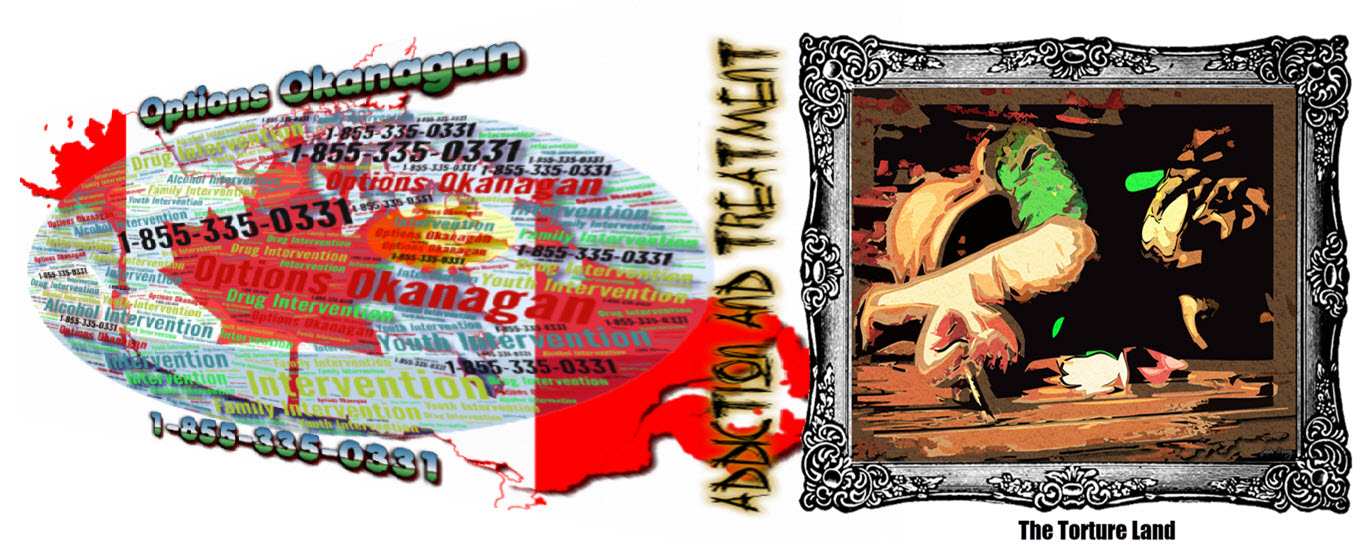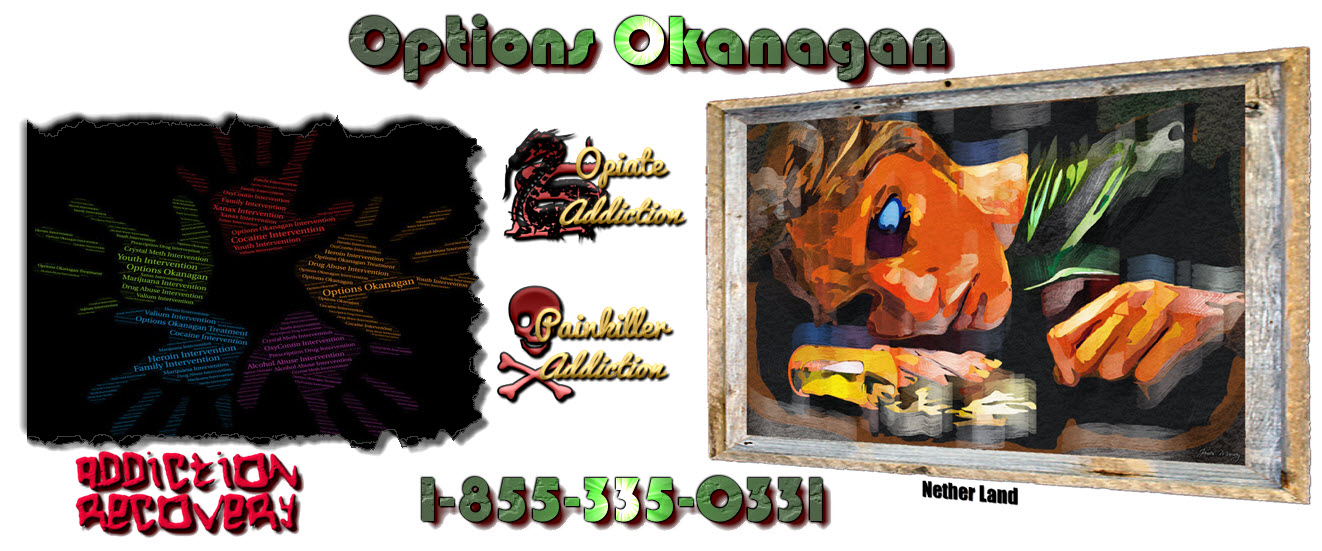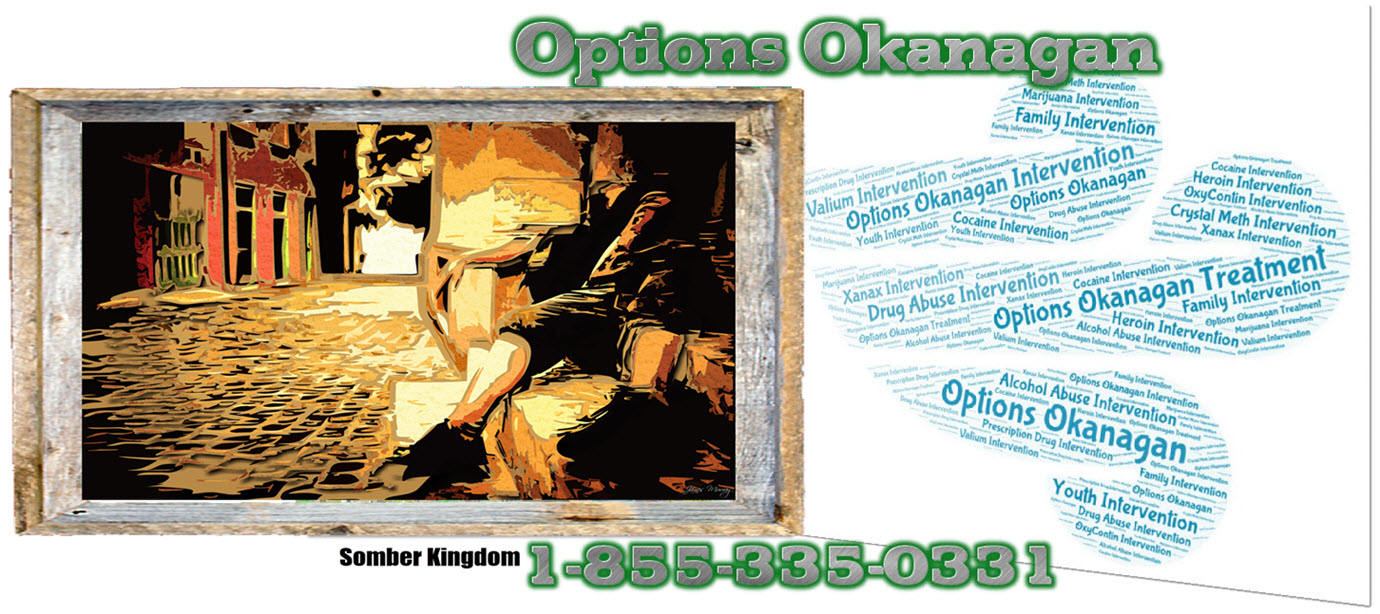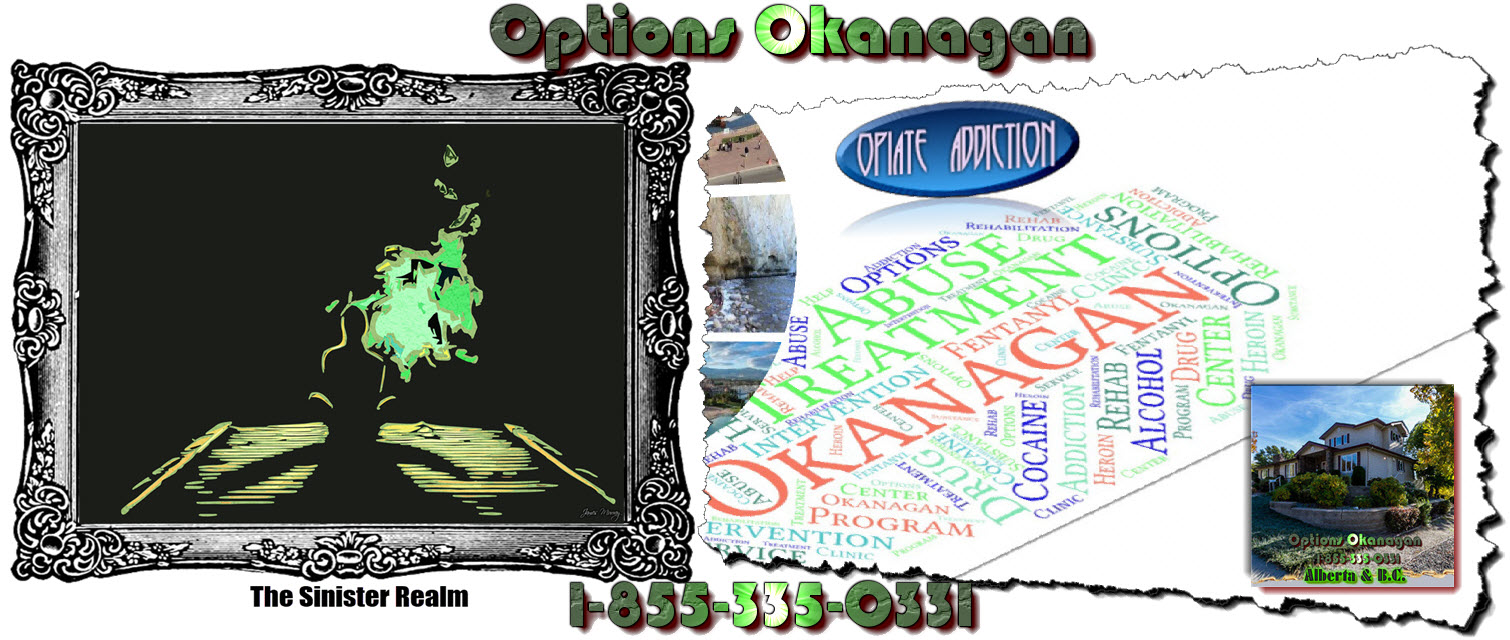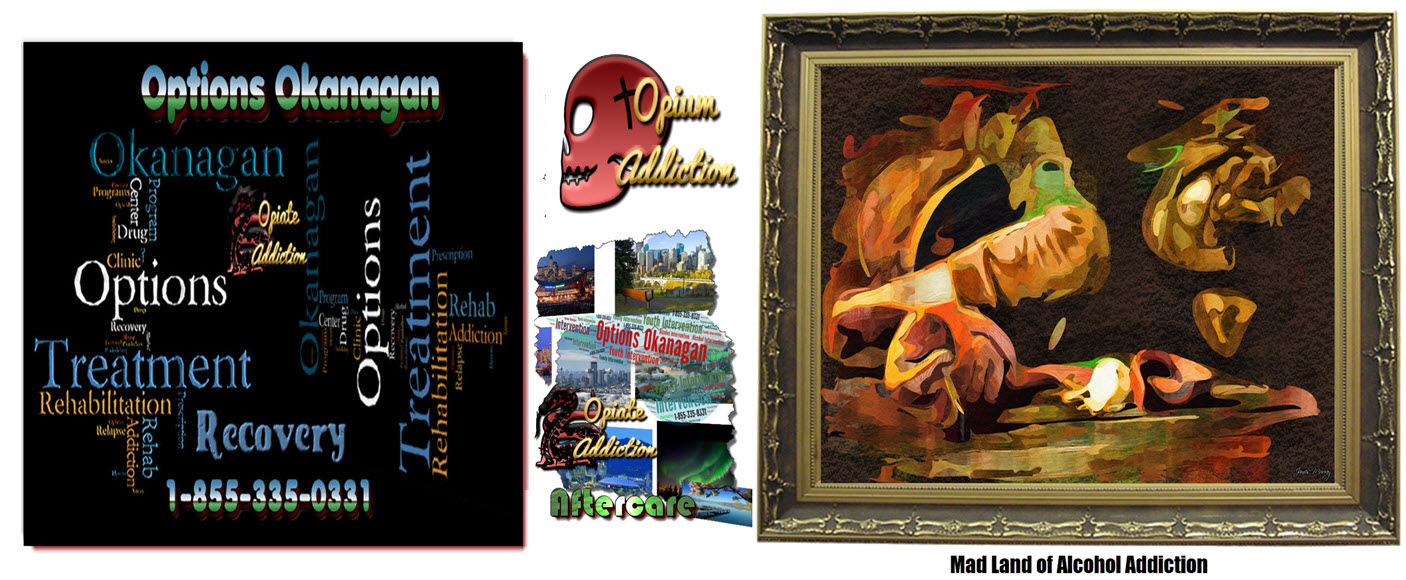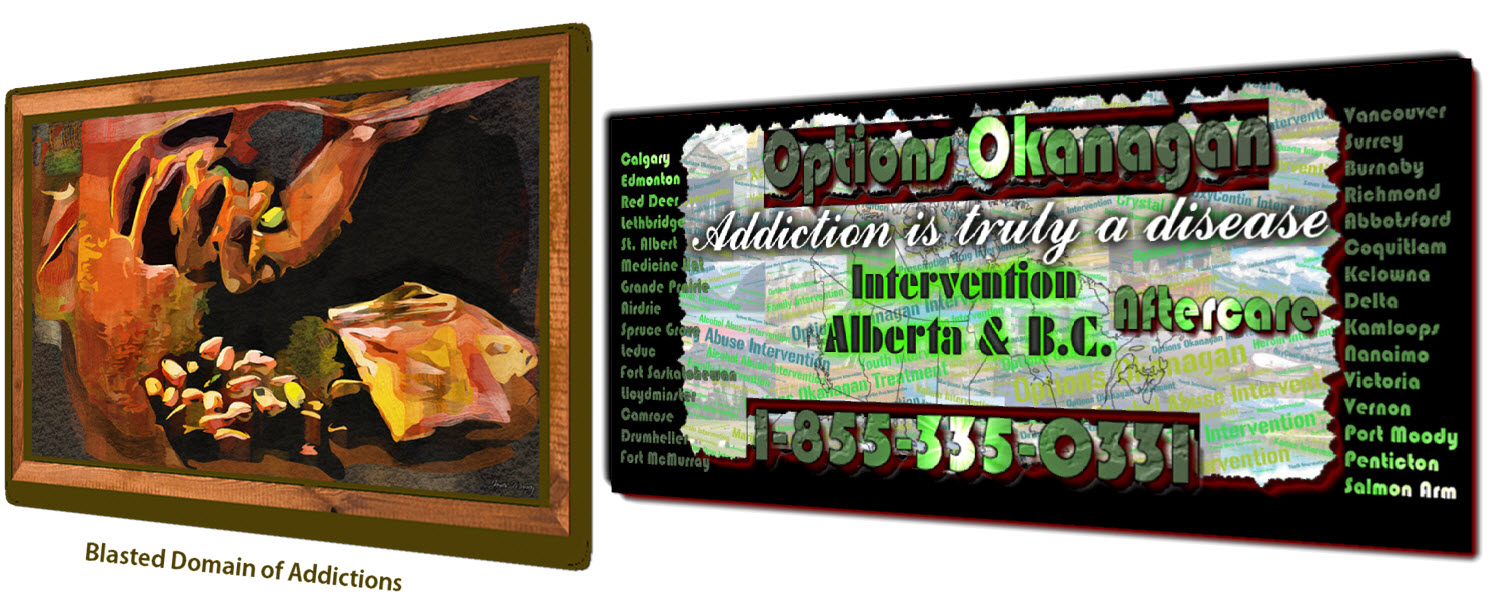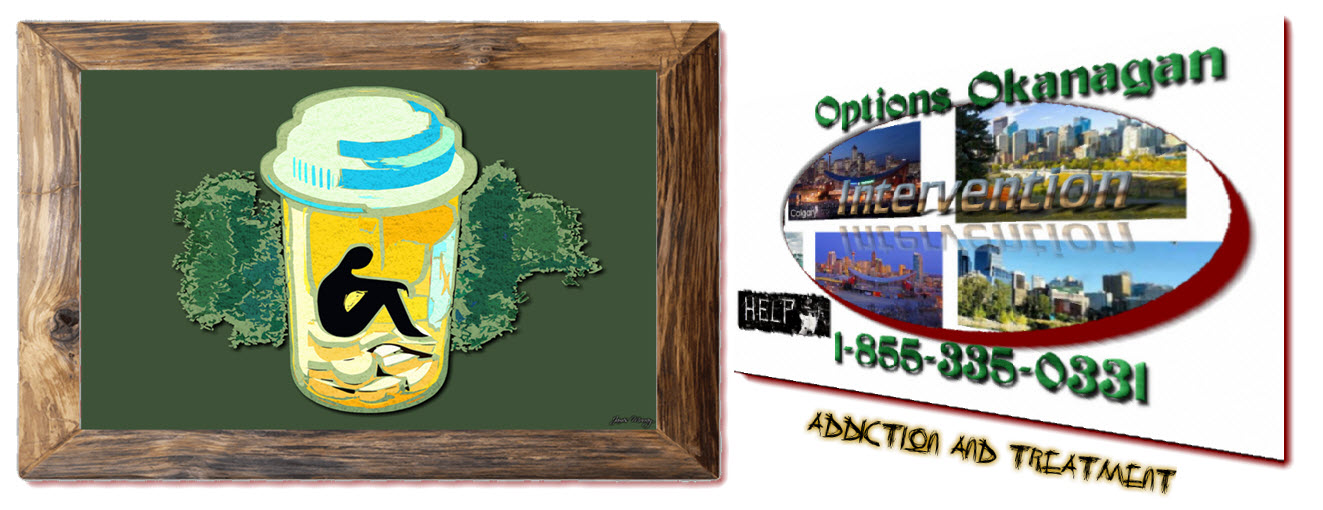Bad habits to avoid for better mental health. (Part 02) Mental health disorders – Opiate and Drug rehab programs in Alberta and British Columbia – Options Treatment Center in Kelowna, British Columbia treating drug, opiate, fentanyl, heroin, and alcohol addiction and recovery.
Opiate Rehabs In Alberta And BC
Despite an individual’s best efforts, they may have developed some seemingly harmless habits that actually negatively affect an individual’s mental health.
A person does not want to be the one yelling aggressively at the cashier for not receiving a valid shopping voucher, but they also don’t want to keep biting their tongue and not standing up for themself. Finding a happy middle in the midst of angry emotions is a huge key. Remember, anger will not matter much if a person handles it right.
Mental Health Disorder Programs In Alberta And BC
Some healthy methods to express a person’s anger includes throwing them out to a friend, putting their feelings in a letter, and don’t worry, a person does not have to send it, just recording their feelings can be therapeutic, directing their anger to other activities like sports, music, or art and of course, just talk to the person who annoys them.
Is their room, house, or office starting to look like a hoarders episode? Then get ready for spring cleanup! When it’s messy around a person, it can prevent them from living their life to its fullest. A busy environment worsens anxiety and depression, lowers motivation, weakens decision-making skills, lowers productivity, and makes a person feel overwhelmed. Clutter closes off a person to new experiences.
Dealing with a crowded space may be the last thing a person wants to do in their spare time, but getting away from these steps won’t overwhelm a person. Start small, pick an area to work on, play their favorite music, and join in. Keep in mind that throwing away cluttered items doesn’t mean throwing everything in a large container or pushing it up to the attic. For real clutter to really work, a person needs to get rid of the things they no longer use or need. Throwing it all away can be a great release to relieve stress. And while clearing their home can be a project that will take several weeks to complete, when they are done, a person will feel like they have lifted great weights off their shoulders.
Taking someone else’s feelings into account is important for a healthy relationship. But if a person starts to ignore their own feelings to convince others, they may find themself in a codependent relationship on a slippery slope. This can be done easily and without realizing it. One moment a person is in a balanced relationship and the next they are just doing the things the other person loves, spending all the holidays with the other person’s family, doing what suits the other person’s schedule, and forgetting their own needs.
Changing a person’s life for the lives of others can significantly reduce a person’s self-esteem, prevent a person from setting boundaries, increase their feelings of shame, rejection, resentment, anger, abandonment, and hopelessness. It also increases the risk of depression.
Who a person is and how a person feels should not depend on other people. It is important for a person to be outside the relationship. First, take some time to find out who they are and what interests them. Take time to relax, try new hobbies, and spend time with people other than those a person depends on. It’s also important to practice good communication and let other people know how they feel and set some boundaries.
Options Okanagan Opiate and Alcohol Treatment Centers in Kelowna, Salmon Arm, and Vancouver, British Columbia – Men and Women are recovering and healing from Alcohol and Drug Abuse at our treatment center here in the Okanagan right now.
Our unique and distinctive Opiate Drug and Alcohol treatment program allows men and women to come in from Calgary as well as Edmonton as we offer airport pickup.
Numerous clients come to us from Vancouver, Calgary, and Edmonton and other locations in Alberta and even other provinces for Opiate addiction treatment, heroin drug treatment, many other drugs, and alcohol addictions for rehabilitation because of the uniqueness of our treatment center.
Our (Kelowna) Alcohol and Drug Treatment Program Location:
(Not Mailing Address) – Contact Us – Web Page
For Mail Delivery :: Please contact each center for correct mailing addresses, also this location is the location of our residential treatment programs in Kelowna. Please call Toll Free 1-855-335-0331 – to contact the treatment center you are going to for the address and directions.
Options Okanagan Drug and Opiate Treatment Center
551 Sherrydale Crescent, Kelowna, British Columbia, V1V 2E6
Toll-Free Phone Number: 1-855-335-0331

